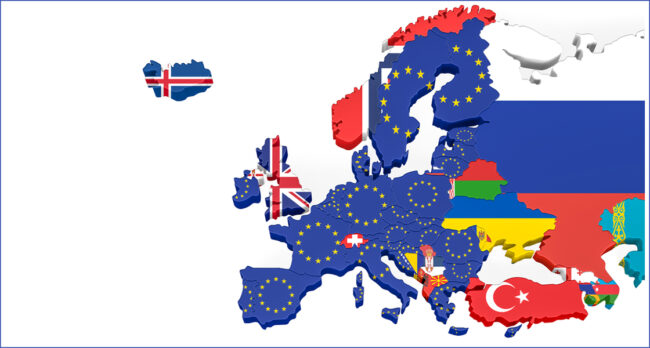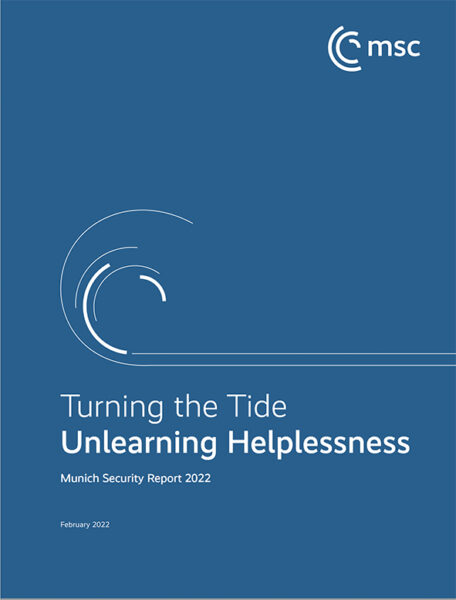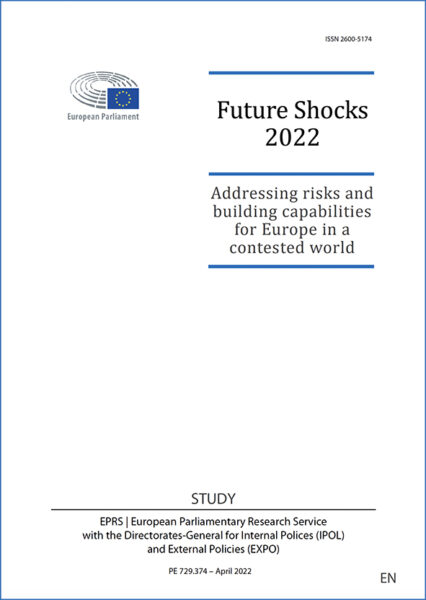After previously seeing its territorial space expand regularly by enlargement to include new member states — 28 of them — the European Union is not currently making new headway. The United Kingdom has left, amid much media ballyhoo, bringing the number down to 27, and negotiations on new membership (most notably with Turkey, Serbia and Albania) are either stalled or advancing at a snail’s pace. Since international relations have tended for some years now to harden, particularly with Russia or Turkey, against a background of overt or covert conflicts on its immediate periphery, the EU might well have stabilized its territory and its borders. However, as Jean-François Drevet shows here, on the one hand, definitions in this area remain vague and allow member states the freedom to let the territorial space concerned develop as they see fit; on the other, geographical stabilization on a continental scale implies an ambitious and effective neighbourhood policy and, for the moment, that policy does not seem fit for purpose. If we add to this the EU’s lack of will or capacity to have its values respected, the highly variable level of solidarity between member states, and the diversity of challenges posed by its neighbours whether to north, south, east or west, then one sees the scale of the actions the EU needs to take before it can effectively set out a credible and effective foreign policy. Yet, in the current context of great-power geopolitical tensions, such a policy is essential.
The European Union, its Limits and its Neighbourhood
European Chronicle
26 October 2021
2 min.
© mmstudiomk / Shutterstock
Cet article fait partie de la revue Futuribles n° 445, nov.-déc. 2021



